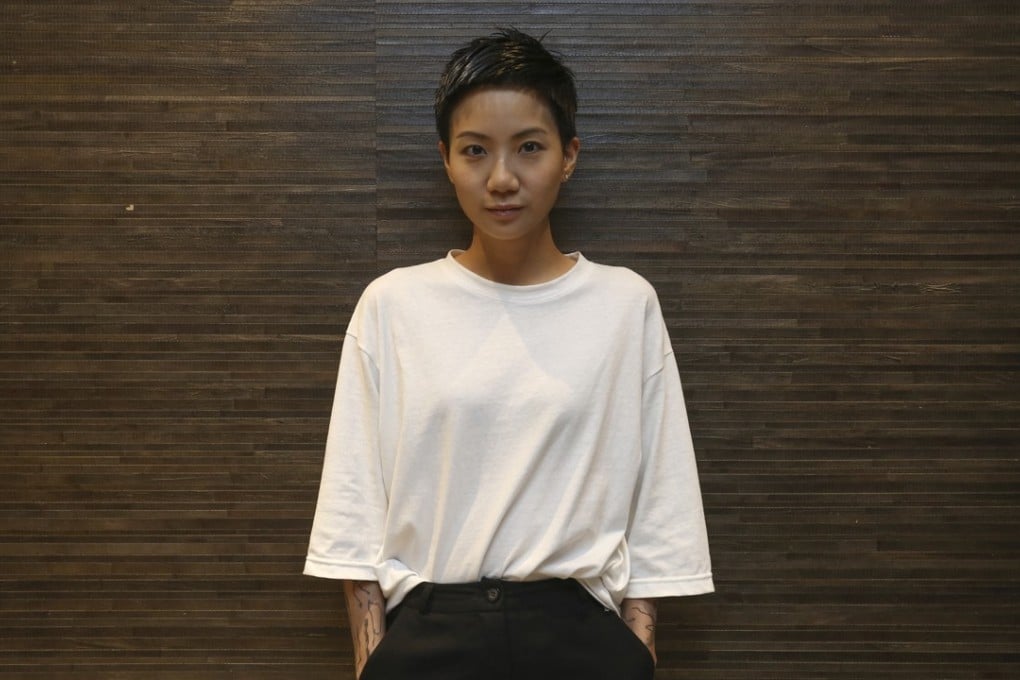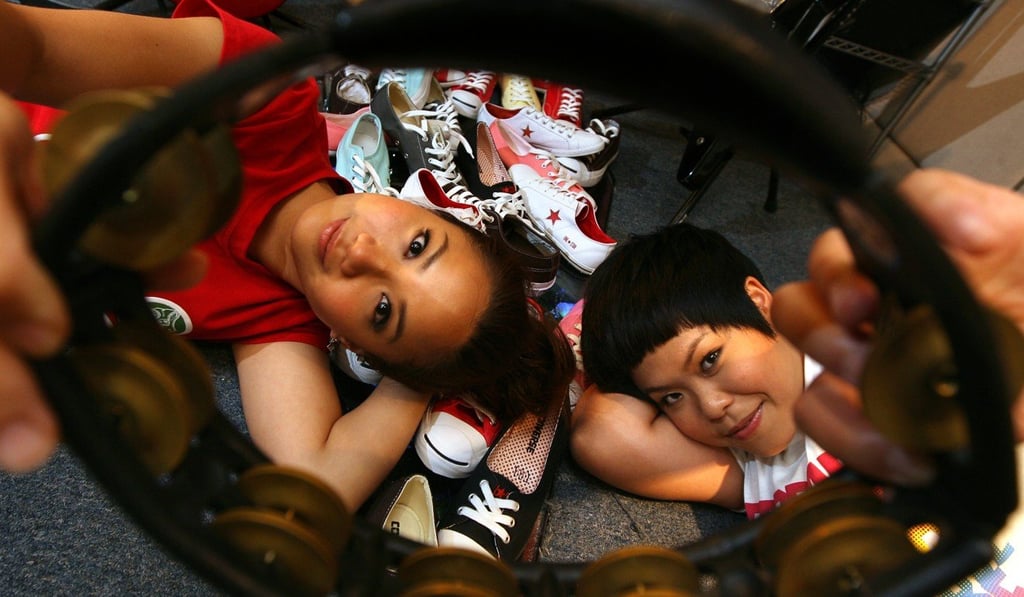Hong Kong singer-songwriter Ellen Joyce Loo opened up about her same-sex marriage in 2017 interview
Formerly of folktronica duo at17, the Canadian-born singer married cinematographer Fisher Yu in 2017. In this interview Loo, who was found dead on Sunday, talked of how love had helped her face her personal demons

I was born in Toronto. I have few memories of living there because I came to Hong Kong when I was four, but I remember winters being very cold and eating snow off the ground. After coming to Hong Kong, I had to learn Chinese and it was really painful. The most unfair thing was that all my cousins and my brother went to international schools, yet I was sent to a Chinese school. That’s when I started feeling like an outcast; I was in an English-speaking family and I had to learn Chinese.
I loved music as a kid. My dad would put on Tony Bennett and Frank Sinatra on Sundays before church, and I always liked Disney movies. I’d sing along to Pocahontas and The Lion King, but I only really thought seriously about playing guitar when I was nine. I found a guitar in my room – it belonged to my dad and I forced him to teach me how to play. I was so into it that I didn’t do my homework, I didn’t watch TV; I just practised and practised.

One day, my dad said, “Why don’t you go to this competition at Tom Lee Music [a Hong Kong music school and retailer]?” It was 2000 and I was 14. My brother came back to Hong Kong for the summer and we entered the competition together (and came third). That’s when I met Eman Lam Yee-man, who became my partner in our band, at17, and we hung out together and sang songs.
That’s also when we met Anthony Wong Yiu-ming. He had just established music production company People Mountain People Sea and was looking for fresh voices. We went to audition together and he was like, “These two chicks are really fun, kind of chubby, they can sing, they can play. Why don’t they form a duo?” That’s how we linked up to the music industry.